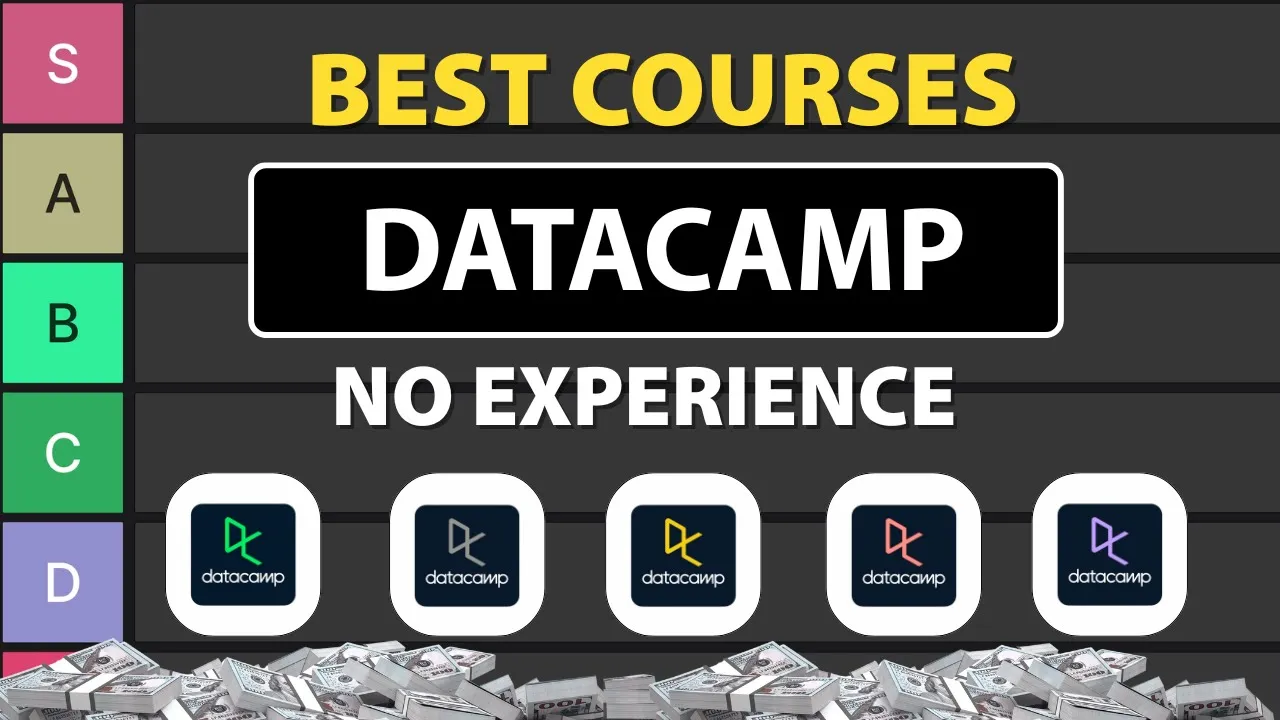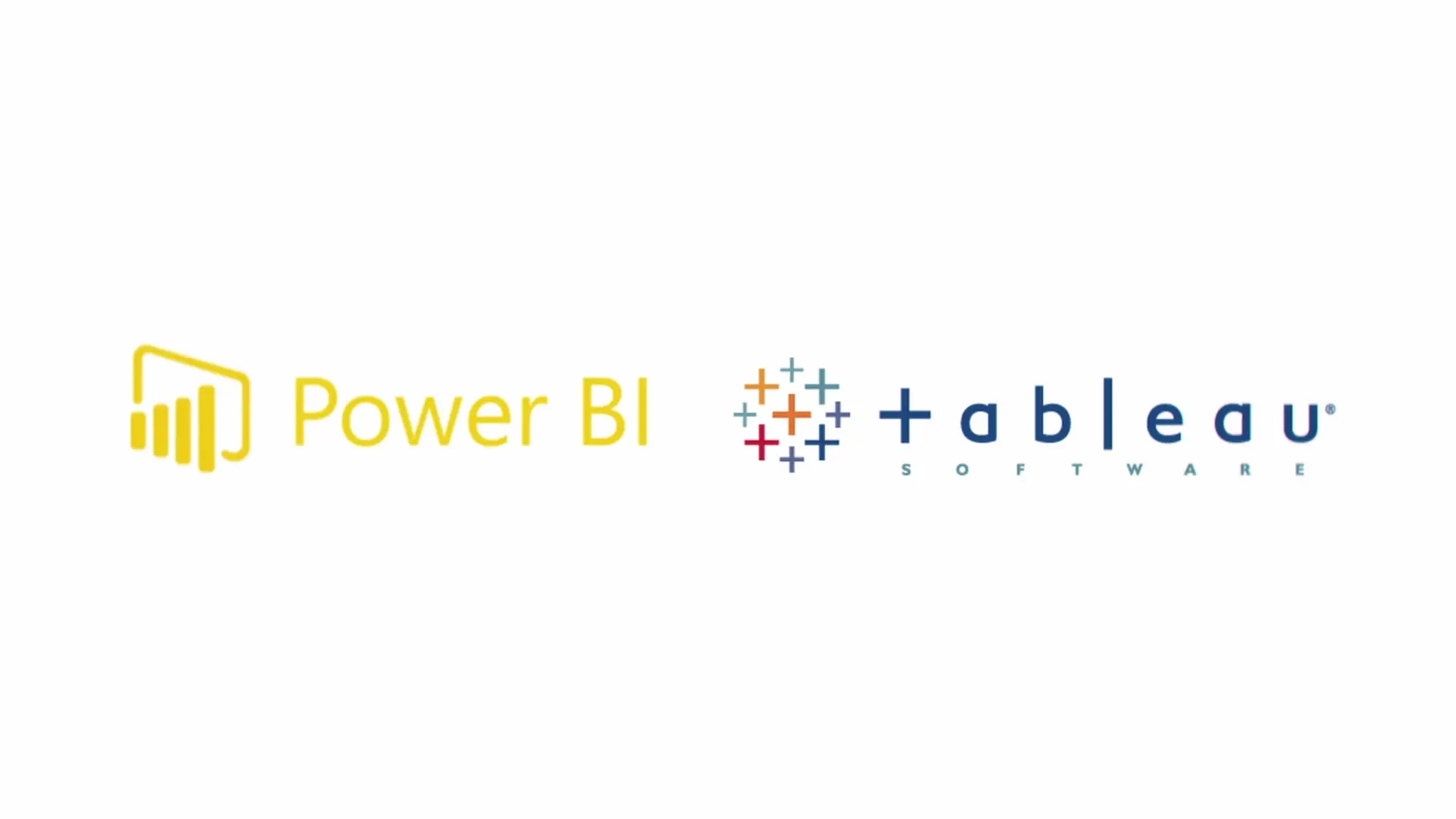
With over 15 million learners and a decade of experience in the data skills education space, DataCamp has established itself as the premier platform for aspiring data professionals. However, with 540+ courses available, choosing the right ones can be overwhelming. This guide highlights the seven most valuable DataCamp courses that will actually help you land a job in the data field, whether you're aiming to become a data analyst, data scientist, or data engineer.
Why These Courses Stand Out
These courses were selected based on three critical factors: course quality, job market relevance, and future-proof skills. Each recommendation provides practical, hands-on learning experiences that directly translate to the skills employers are actively seeking. Some even rival expensive bootcamps in terms of depth and practical application.
1. Associate Data Analyst in SQL
SQL is arguably the most fundamental skill for aspiring data analysts, appearing in over 50% of job listings. This certification course provides comprehensive SQL training with no prior coding experience required.
- Course duration: Approximately 39 hours
- Covers database querying, result analysis, and SQL proficiency
- Includes hands-on projects for practical application
- Provides DataCamp certification upon completion
The relatively modest time commitment leaves room to develop complementary skills like Tableau or Python, which can significantly enhance your resume in today's competitive job market.
2. Data Analyst with Python
Python ranks as the most widely used programming language in data analytics after SQL. This learning track prepares you for DataCamp's official Python certification for data analysts.
- Course duration: Approximately 36 hours
- Teaches data manipulation, analysis, and visualization with Python
- No prior coding experience necessary
- Includes multiple hands-on projects, including a capstone project
The course structure progresses logically from Python basics to pandas (a critical data analysis library), followed by statistics and visualization techniques. The certification is included with your DataCamp subscription, making it a valuable credential to add to your resume.
3. Data Analytics with R
While Python has become more versatile and popular, R still maintains a strong presence in statistical computing and data analysis, particularly in academic settings.
- Similar structure to the Python track but focused on R
- Includes certification preparation
- Strong focus on statistical analysis capabilities
For most beginners, Python is recommended due to its versatility and growing popularity. However, R remains valuable in specific contexts, and some organizations still use it extensively. If you don't have a specific reason to learn R, focusing on Python is generally the more practical choice.
4. Data Analyst in Power BI

This comprehensive course is the longest on the list at approximately 50 hours and prepares you for Microsoft's official PL300 certification, which is highly respected in the industry.
- Covers 17 different modules on Microsoft's data visualization platform
- Teaches database preparation, transformation, modeling, and report generation
- Assumes SQL knowledge as a prerequisite
- Directly applicable to Microsoft's certification process
Power BI competes with Tableau (owned by Salesforce) as one of the leading data visualization tools in the industry. This course provides excellent preparation for Microsoft's only data analyst certification, making it particularly valuable for those targeting Microsoft-oriented organizations.
5. Associate Data Scientist in Python
For those looking to expand beyond data analysis into data science, this extensive course provides a comprehensive foundation.
- Course duration: Approximately 90 hours
- Contains 37 modules covering the full data science workflow
- Starts with Python basics and progresses to advanced data science concepts
- Includes multiple projects for portfolio building
While the time investment is significant, it's modest compared to the value it delivers. Even data analysts can benefit from selected modules that enhance their Python skills, though the advanced data science and machine learning sections may be less immediately applicable to analyst roles.
6. Python for Data Engineering

Data engineers serve as the backbone of data operations, preparing and maintaining data infrastructure for analysts and scientists. This role is less visible but highly compensated, with many positions offering six-figure salaries.
- Course duration: Approximately 40 hours
- Focuses on moving, cleaning, and preparing data for analysis
- More technically demanding than data analyst training
- Growing importance in the age of AI and complex data systems
While this course alone won't qualify you for a data engineering position, it provides an excellent foundation. Data engineering requires more technical expertise than data analysis, but the growing importance of data quality and infrastructure makes this a promising career path with long-term stability.
7. Machine Learning Fundamentals

While not explicitly mentioned in the original list, machine learning knowledge has become increasingly valuable across all data roles. Understanding the fundamentals can set you apart even as a data analyst.
- Introduces core machine learning concepts and applications
- Complements other data skills by providing context for advanced analytics
- Increasingly relevant as organizations adopt AI technologies
- Provides a pathway to more specialized roles in the future
How to Choose the Right Course Path
Your course selection should align with your career goals and current skill level. Here's a simplified decision framework:
- For complete beginners aiming for data analyst roles: Start with SQL, then add Python
- For those with some programming experience: Begin with the Python track that best matches your career goals
- For visualization specialists: Focus on the Power BI course after gaining SQL proficiency
- For long-term career growth: Consider adding data engineering or machine learning fundamentals to your skill set
The Value of DataCamp Certifications
While certifications alone won't guarantee employment, they provide tangible evidence of your skills. DataCamp certifications are included with your subscription and can complement your portfolio of projects. The Microsoft Power BI certification preparation is particularly valuable as it leads to an industry-recognized credential.
The most effective approach combines certification with practical projects that demonstrate your ability to apply these skills to real-world problems. DataCamp's project-based learning model supports this dual approach.
Conclusion
DataCamp offers a wealth of high-quality courses for aspiring data professionals. By focusing on the seven courses outlined above, you can develop a targeted skill set that aligns with market demands and positions you for success in the data field. The platform's hands-on approach ensures you're not just learning concepts but applying them in practical contexts that translate directly to job requirements.
Remember that consistent practice and building a portfolio of projects are equally important components of your learning journey. With dedication to mastering these skills, you'll be well-positioned to join the thousands who have successfully transitioned into data careers through DataCamp's structured learning paths.
Let's Watch!
7 Best DataCamp Courses to Land a Data Job in 2024
Ready to enhance your neural network?
Access our quantum knowledge cores and upgrade your programming abilities.
Initialize Training Sequence